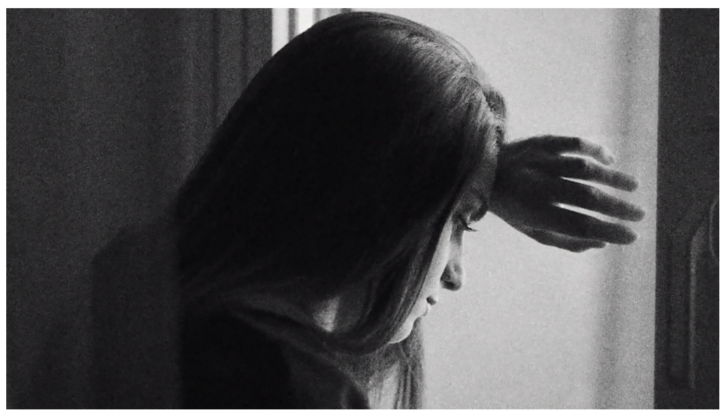As the daily case numbers for COVID-19 rise again in Quebec, so are the number of calls for help lines.
Another round of public health restrictions announced Monday, including the closure of gyms that some say helped with the pyschological effects of the pandemic, is taking its toll on people’s mental health.
During an average year, Tel-Aide receives about 25,000 calls from the public and its 150 volunteers offer support for those who need someone to talk to.
“Our volunteers are trained in active listening so it’s a way of talking and expressing the emotion and getting the person to find their solution,” said Nicolas Dugal, Tel-Aide’s executive director.
But this year, the number of calls has soared.

“The demand has doubled, easily, that’s why we are looking for more volunteers,” he said.
“There’s an increase during the holidays, prior to the holidays. There’s been an increase lately also because a lot of people are getting tired and fed up with the pandemic.”
Clinical psychologist Syd Miller points out the holidays can be stressful enough and having to cope with yet another round of restrictions hasn’t helped.
“Everybody is more on edge now,” Miller said.
“People thought they were getting out and now the sense that we’re getting pulled back in and that it’s not over yet. One of my patients even said ‘it’s never going to end.’ So I think that has made it much more difficult.”
He says staying calm and focusing on the day-to-day can help.
“Even though we have new restrictions we should not catastrophize what that means and what that means for the future. So you may have a smaller gathering, you can still have a lovely gathering,” he said.
The pandemic fatigue people are experiencing, which is worsened by the fallout of the new Omicron variant, not only causes people to feel isolated and stressed, but also can lead them to feel less inclined to follow public health measures, according to Ahmad Firas Khalid, a health policy expert and professor at York University.
“If you’re already… emotionally, mentally and physically exhausted from this pandemic, this variant is a catalyst for being more tired and more physically exhausted,” he told CTV News over the weekend. “The Omicron variant is like putting gas onto an already flammable situation.”
Dr. Paul Saba, a family physician at Lachine Hospital in Montreal’s West Island, said he fields a lot of questions from patients concerning their mental health.
“People will express: ‘It’s happening again. Will this ever go away? Are we going to be like this all the time?’ which really expresses their anxiety and concern,” he said.
The message from health officials, despite these challenging times, is that the situation will eventually improve.
Health experts also recommend activities to create a positive state of mind to improve your mental health, including exercising, meditating, eating a balanced diet, getting enough sleep, and volunteering.
LIST OF MENTAL HEALTH RESOURCES IN QUEBEC
If ever you need help, don’t hesitate to reach out to:
Your family doctor (if you have one)
Your local CLSC, CISSS or CIUSSS: 811
AMI-Quebec: 514-486-1448
Canadian Mental Health Association (CMHA): 514-521-4993
Centre Interligne Inc.: (for issues related to sexual orientation): 514-866-0103
Depressives Anonymous: 514-278-2130
Groupe d’entraide pour un mieux-être: (GEME): 450-332-4463
Quebec Obsessive Compulsive Disorder Foundation: 514-727-0012
Société québécoise de la schizophrénie: 514-251-4000 x3400
Suicide Action Montreal: 1 866 277 3553
Suicide Prevention Service: 1 866 APPELLE
Veterans Affairs Canada: 1 800 268-7708
If you need immediate assistance, call 911 or go to the nearest hospital.
Article From: CTV news
Author: Joe Lofaro, Matt Grillo

